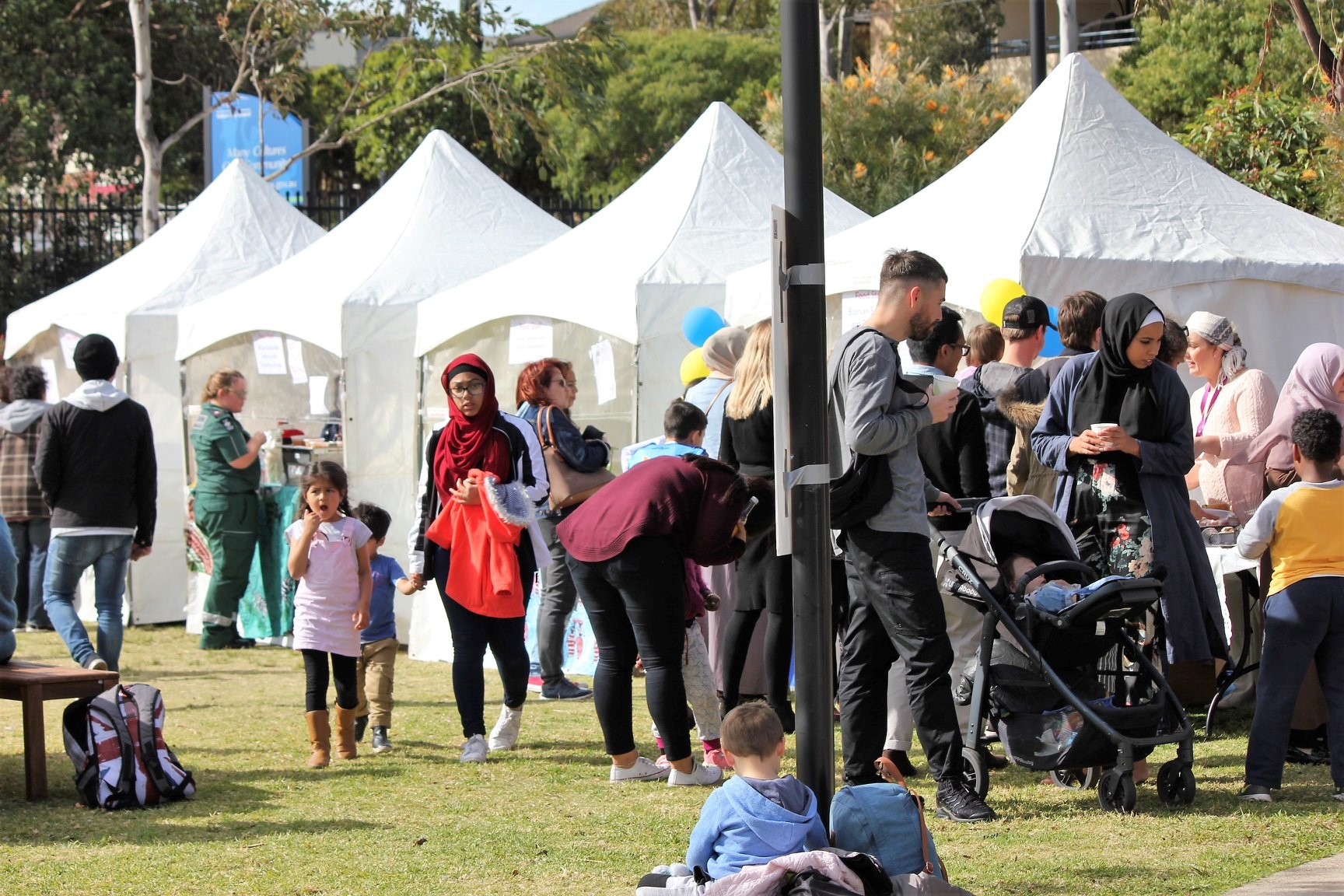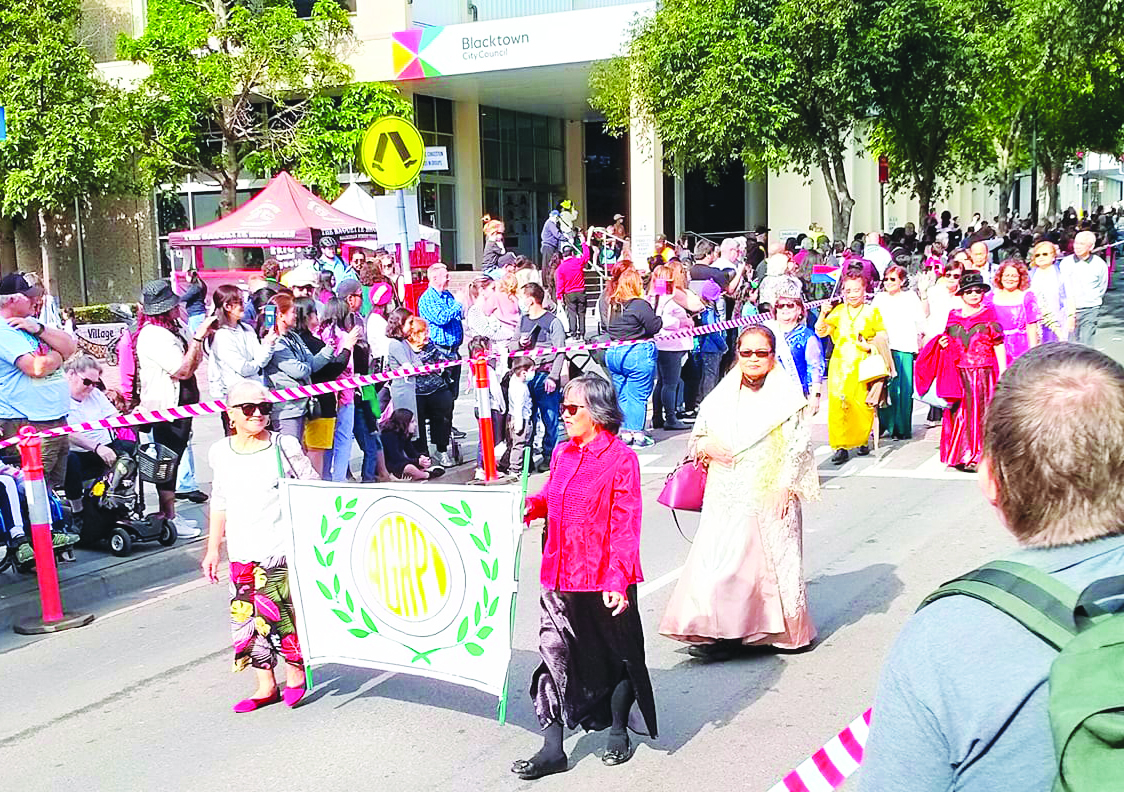Thousands of short-term migrants exploited by bosses who withhold fair wages will benefit from a $1.6 million statewide project providing free legal help to recover the money they’re owed.
Attorney General Mark Speakman today announced the official launch of the new Migrant Employment Legal Service (MELS), a joint initiative of four Sydney-based Community Legal Centres (CLCs), made possible by the NSW Government’s record investment into the community legal sector.
Mr Speakman congratulated the Inner City Legal Centre, Redfern Legal Centre, Kingsford Legal Centre and Marrickville Legal Centre for joining forces to devise a project that covers a critical gap in legal services.
“These four CLCs have a long history of helping some of the most vulnerable people in our community to solve legal problems before they snowball into potentially life-altering crises,” Mr Speakman said.
“For migrants and temporary visa holders, MELS offers free legal advice, representation and community legal education if you’ve been ripped off by your employer or unfairly dismissed.”
The participating CLCs have hired two workers fluent in relevant languages who’ll work closely with the Fair Work Ombudsman, Legal Aid NSW and migrant groups.
“Every employee in Australia should be paid what they’re owed and this project will go a long way towards holding to account employers who exploit their workers,” Mr Speakman said.
Acting Minister for Multiculturalism Geoff Lee said this initiative plays an important part in helping multicultural communities.
“Temporary migrants make a significant contribution to the NSW economy, making up 11 per cent of the national workforce,” Mr Lee said.
“The project will offer on the ground help to underpaid workers with the provision of free legal advice to almost a thousand people a year. In NSW we want to ensure our migrant and multicultural communities aren’t exploited.”
Record funding of more than $40 million is being invested in the community legal sector over the next three years, including a State funding boost of more than 85 per cent since 2015-16










Leave a Reply